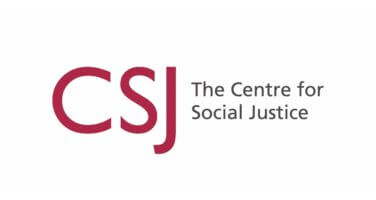A deep dive into recent ONS data has revealed a surprising trend – Gen Z workers are taking fewer sick days than any other age group in the UK.

Drawing on data published by the Office for National Statistics (ONS), employment law specialist Clifton Ingram examined annual sickness absence trends across the UK labour market. The dataset details working days lost to sickness by region, sex, age group, employment type, and illness category – providing a broad view of how absence has affected workplaces nationwide and how those patterns have changed over time.
According to Clifton Ingram, there exists a misconception that Gen Z belongs to the so-called ‘snowflake generation’ – viewed as more emotionally fragile or prone to mental health struggles. This view stems from the fact that key areas of the brain involved in judgement and emotional regulation – such as the prefrontal cortex – continue to develop well into a person’s mid-20s, a point highlighted in a 2024 report on Why Gen Z and Young Millennials Are Taking More Sick Days.
The report also pointed to the lasting psychological impact of the COVID-19 pandemic, suggesting that younger people were more affected. Together, these narratives have fuelled a broader perception that Gen Z may be less prepared to manage stress in the workplace, and thus take more sick leave.
Alison Gair, Senior Associate and Head of Employment at the firm, said: “The UK data presents a very different perspective on age-related sickness absence than previous reports. It shows that younger workers are taking fewer sick days than their older colleagues – a trend that, in many ways, aligns with the expected impact of age-related health decline.
“In fact, in 2024, the sickness absence rate for 16 to 24-year-olds stood at just 1.3% – significantly lower than older age groups, whose rates ranged from 1.6% to 3.1%.
“What’s overlooked in the previous discussions about workplace absence is that sickness rates increased across all age groups in 2022. When viewed through this wider lens, it becomes clear that Gen Z and Millennial employees continue to take significantly less time off than older generations.”
The research also revealed a strong correlation between regional sickness absence rates and the age demographics of the workforce. Areas with older working populations reported higher levels of absence, likely due to the increased prevalence of age-related health issues.
In particular, workers aged 65 and over showed significantly higher absence rates than their younger counterparts. This helps explain why regions like Wales and Scotland – both of which have older average workforces – recorded sickness absence rates of 2.3% in 2024. In contrast, London, which attracts a younger professional population, reported a considerably lower rate of just 1.5%.
The analysis also identified age as a contributing factor in the gap between sickness absence rates in the private and public sectors, which stood at 1.8% and 2.9% respectively in 2024. This disparity is likely influenced by the fact that the public sector is typically made up of an older workforce.

Register or log in to get started in your organisation
Photo by Eliott Reyna on Unsplash


